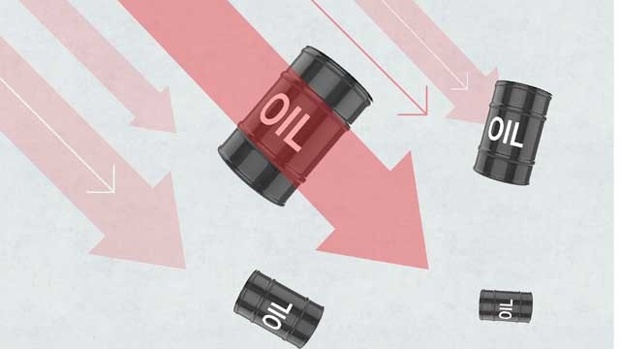
31 July 2016, London — Energy companies’ lifeline during the rout in oil prices – refining and downstream – has withered but the fall in margins is hardly a surprise for European refiners, which are turning again to survival strategies honed during the tough years.
Results this week from integrated oil majors including Shell, Total, BP and ENI show refinery margins crashing by as much as half from last year.
BP’s margins were the weakest for a second quarter in six years, while Shell’s second-quarter refining and trading earnings plunged more than 60 percent.
Total said its margins dipped 35 percent in the second quarter and were falling already in the third due to high inventories.
“Last year was the best year on record for European refiners,” said Jonathan Leitch, research director for oil products with WoodMackenzie. “Whatever came next was going to be disappointing.”
The dizzying drop in downstream profits reminds investors what most in the industry never forgot: more refineries will have to close before the dust settles.
The companies are, in a sense, victims of their own success. Crashing oil prices spurred record demand growth for motor fuels, which refineries worldwide scrambled to produce. But the high production, and yield switch toward gasoline, flooded the world’s storage tanks and undercut profits even amid booming summer demand.
Europe’s refineries, which had long been battling their demise, are geared for a challenge.
Facing anemic demand growth at home, and struggling to compete with state-of-the-art new refineries in Asia and the Middle East, more than 1.9 million barrels per day (bpd) of refining capacity closed over the past seven years. Integrated oil companies were prepping for more pain even during last year’s golden profits.
“We are concentrating on a strong core of refining assets … to improve their resilience, to improve their flexibility,” Shell Chief Executive Ben van Beurden said during an earnings conference call, adding that those plants would be able to take lower-cost crude as a result.
“We integrate (the refineries) more tightly with our trading operations.”
For Total, closures are part of the answer. It will shut half of the oil processing at its 103,500-bpd Lindsey refinery in Britain this year, and convert the 155,000-bpd La Mede refinery in France to biofuels.
Others are looking to make smaller cuts and maximize efficiency.
Matti Lehmus, head of products at Finland’s Neste, said survival tactics are “something all refiners have to look at”.
“There needs to be a very high focus on whatever additional margin you can get,” he told Reuters.
Adapt Or Die
For Neste, that has been a years-long process of integrating its Nantaali refinery to become effectively feedstock production for the more complex Porvoo unit, which can convert lower-quality oil into the most profitable fuels.
The company also protected its refinery profits in the second quarter by running more Russian crudes, which were cheaper compared with other oil and tougher for some to process.
For other, less advanced refineries, it means cutting to the bone.
“It’s a complete disaster in terms of products. Cracks are awful,” a source at one Mediterranean refiner said. “I don’t see any sign of immediate recovery.”
That source, along with several others, said simple European refiners are cutting runs by up to 5 percent, enabling them to hold onto some profits by taking out marginal barrels and units that produce lower-quality fuels.
Leitch at WoodMackenzie said the cuts reflect “payback” from margins that effectively borrowed from the future. But they could also help stem the excess of oil products, potentially buoying winter margins.
Over the next five years, Leitch said, more than 1 million b/d of European capacity would need to close in order to balance the market – a message refining sources echoed.
“The two years of profitability have only postponed what has to happen,” the Mediterranean source said.
*Libby George; Ron Bousso & Karolin Schaps; Editing – Dale Hudson – Reuters



